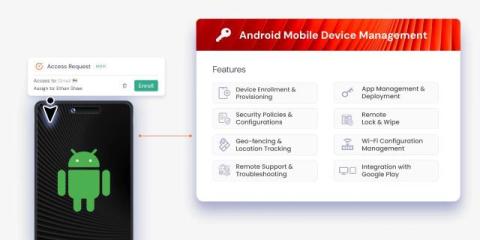The 2025 DORA Deadline is Here: Simplify Compliance with Teleport
The Digital Operational Resilience Act (DORA) comes into full effect on January 17, 2025. This deadline marks a monumental shift in how financial institutions and their technology providers prioritize and maintain operational resilience and cybersecurity standards – and sets in stone real business and regulatory consequences to ensure resilience is achieved. And like any sweeping security regulation, organizations must embark on an uphill journey to earn full compliance.











